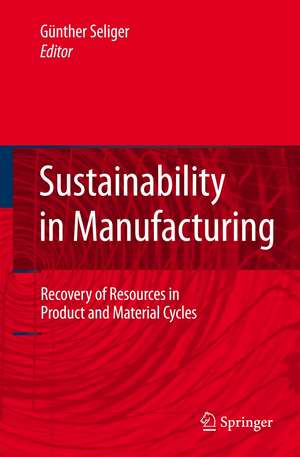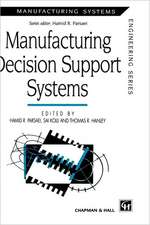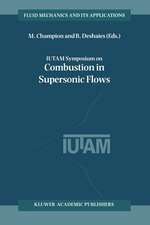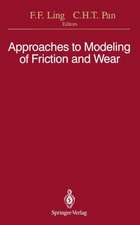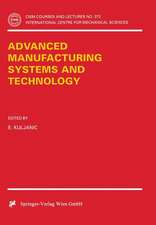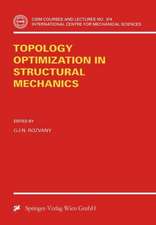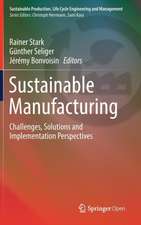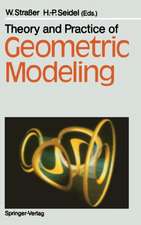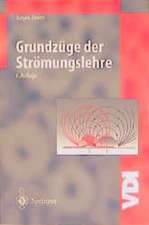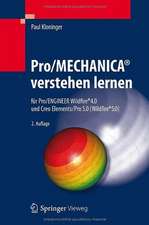Sustainability in Manufacturing: Recovery of Resources in Product and Material Cycles
Editat de Günther Seligeren Limba Engleză Paperback – 14 oct 2010
| Toate formatele și edițiile | Preț | Express |
|---|---|---|
| Paperback (1) | 588.07 lei 38-44 zile | |
| Springer Berlin, Heidelberg – 14 oct 2010 | 588.07 lei 38-44 zile | |
| Hardback (1) | 957.44 lei 6-8 săpt. | |
| Springer Berlin, Heidelberg – 4 ian 2007 | 957.44 lei 6-8 săpt. |
Preț: 588.07 lei
Preț vechi: 763.73 lei
-23% Nou
Puncte Express: 882
Preț estimativ în valută:
112.56€ • 122.31$ • 94.61£
112.56€ • 122.31$ • 94.61£
Carte tipărită la comandă
Livrare economică 18-24 aprilie
Preluare comenzi: 021 569.72.76
Specificații
ISBN-13: 9783642080678
ISBN-10: 3642080677
Pagini: 440
Ilustrații: XVI, 423 p.
Dimensiuni: 155 x 235 x 23 mm
Ediția:Softcover reprint of hardcover 1st ed. 2007
Editura: Springer Berlin, Heidelberg
Colecția Springer
Locul publicării:Berlin, Heidelberg, Germany
ISBN-10: 3642080677
Pagini: 440
Ilustrații: XVI, 423 p.
Dimensiuni: 155 x 235 x 23 mm
Ediția:Softcover reprint of hardcover 1st ed. 2007
Editura: Springer Berlin, Heidelberg
Colecția Springer
Locul publicării:Berlin, Heidelberg, Germany
Public țintă
Professional/practitionerCuprins
Global Framework.- Life Cycle Engineering and Management.- Product Development.- Processes and Tools for Disassembly.- Planning for Remanufacturing and Recycling.- Enabling for Sustainability in Engineering.- Roadmap.
Notă biografică
Professor Seliger is university professor at the Technical University of Berlin and head of Institute for Machine Tools and Factory Management. Furthermore, he is a member of the Executive Board of Berlin Technology Foundation and chief organizing professor of the "International Master of Science - Course for Global Production Engineering". He is the director of the Collaborative Research Center 281, supported by the DFG (German Research Foundation) which deals about "Disassembly Factories fpr the Recovery of Ressources in Product and Material Cycles".
Textul de pe ultima copertă
From 1995 to 2006, the German National Science Foundation (DFG) has granted support for the collaborative research centre (Sfb 281) on disassembly factories for the recovery of resources in product and material cycles. Setting up economical and ecological criteria for life cycle engineering, developing software tools in design and planning for ease of disassembly and recycling, implementing processes and equipment for remanufacturing and logistics, and identifying enabling technologies for a change from cradle-to-grave to cycle economy have been essential pathes of research. The perspective of dramatic increase in global resource consumption exceeding ecological limits has continuously drawn initially mere manufacturing research into the reference frame of sustainability. Consequently increasing the use productivity of resources and the equity of wealth distribution among mankind as a global community have been identified as challenges for engineering to cope with.
This book is a kind of final report on Sfb 281 results gained in 12 years of research on sustainability in manufacturing at the Technical University of Berlin. This outcome is supplemented by selected contributions of external research partners from Brazil, China, Denmark, Japan and USA. New processes in remanufacturing as cleaning by laser and prototypical realizations of disassembly systems for different products e.g. washing machines, mobile phones or car engines are presented. The paradigm change in manufacturing from how to produce products most efficiently into how to avoid producing products while still maintaining customer satisfaction and corporate profits is addressed. Teaching and learning in a global university environment are identified as powerful means to overcome the barriers of established thinking habits in societal institutions thus coping with the challenge of sustainability.
This book is a kind of final report on Sfb 281 results gained in 12 years of research on sustainability in manufacturing at the Technical University of Berlin. This outcome is supplemented by selected contributions of external research partners from Brazil, China, Denmark, Japan and USA. New processes in remanufacturing as cleaning by laser and prototypical realizations of disassembly systems for different products e.g. washing machines, mobile phones or car engines are presented. The paradigm change in manufacturing from how to produce products most efficiently into how to avoid producing products while still maintaining customer satisfaction and corporate profits is addressed. Teaching and learning in a global university environment are identified as powerful means to overcome the barriers of established thinking habits in societal institutions thus coping with the challenge of sustainability.
Caracteristici
Includes supplementary material: sn.pub/extras
